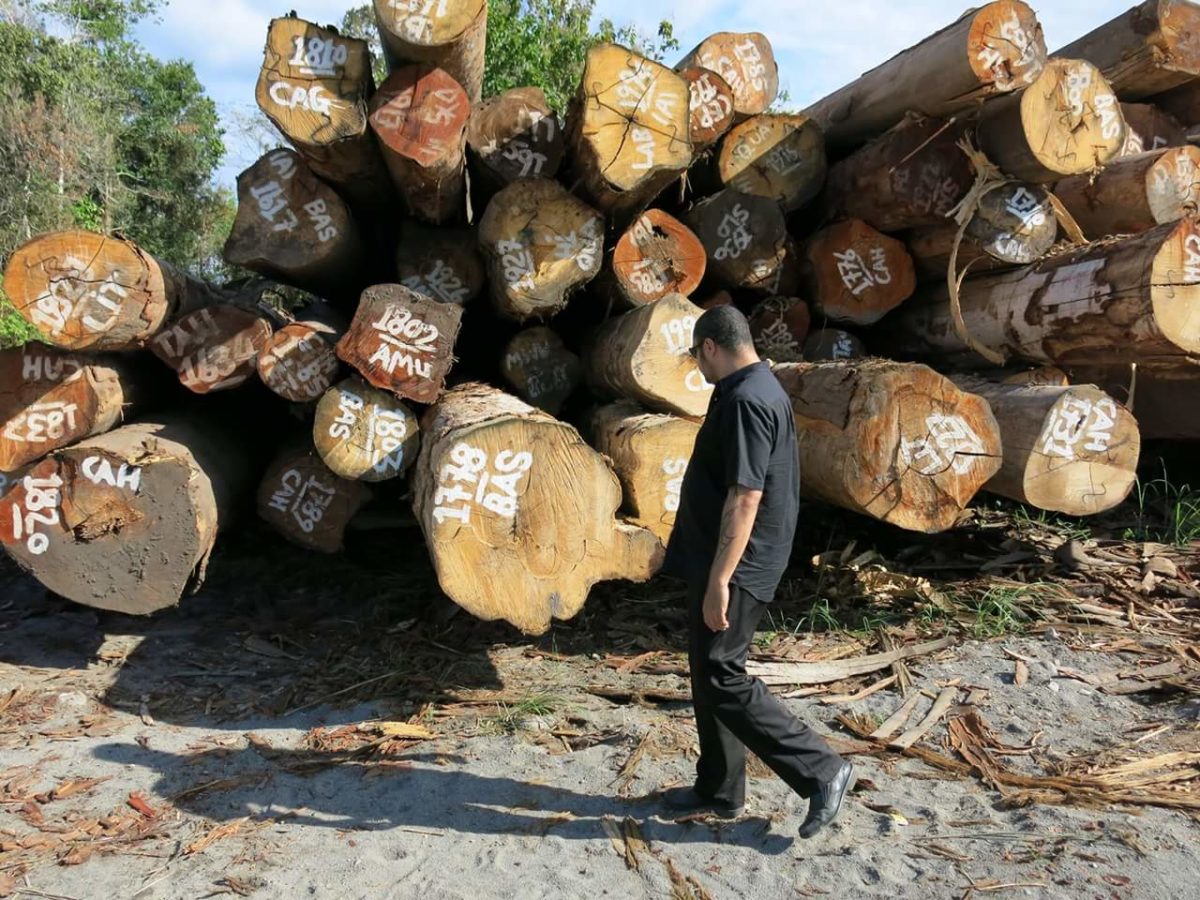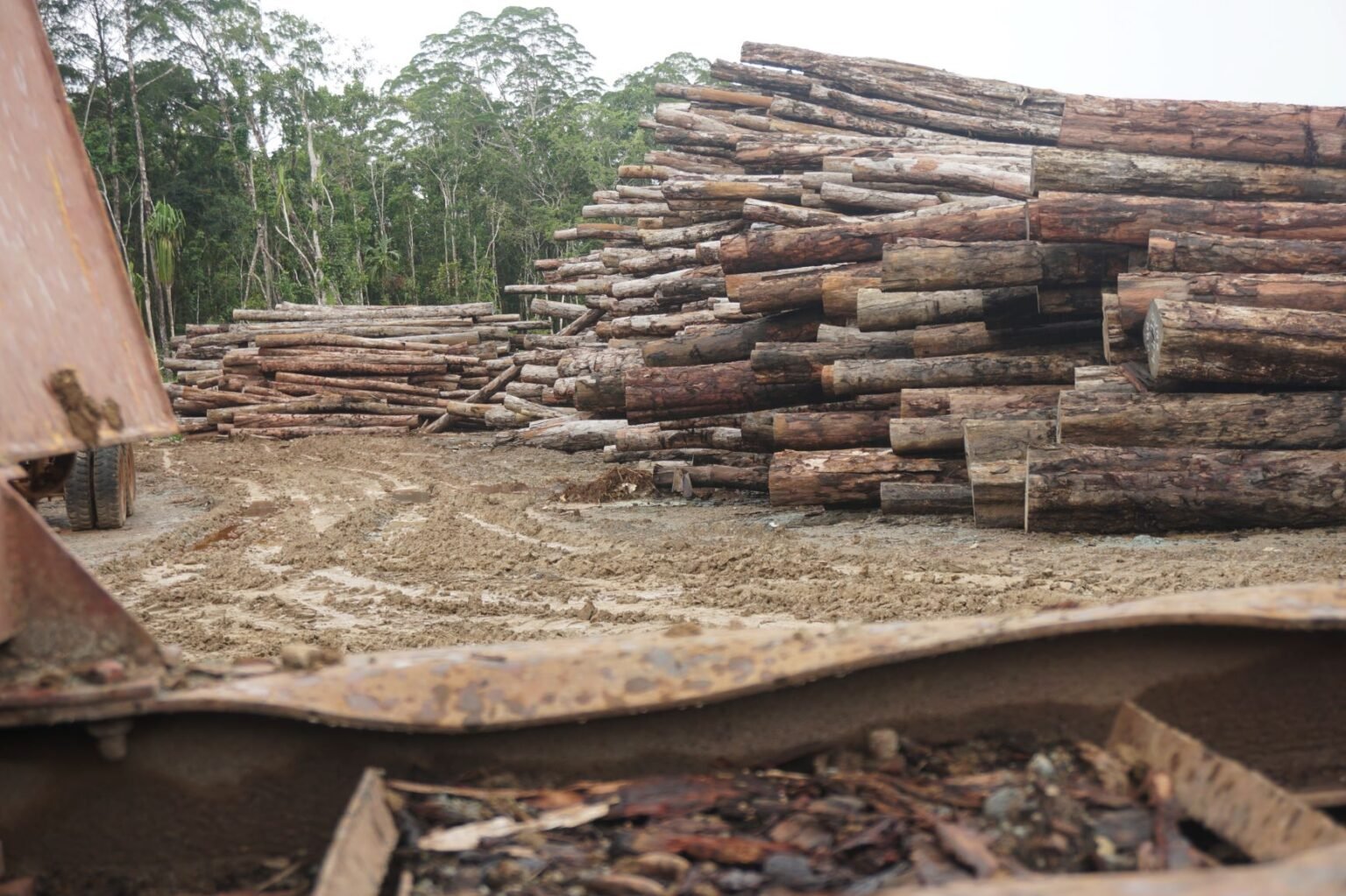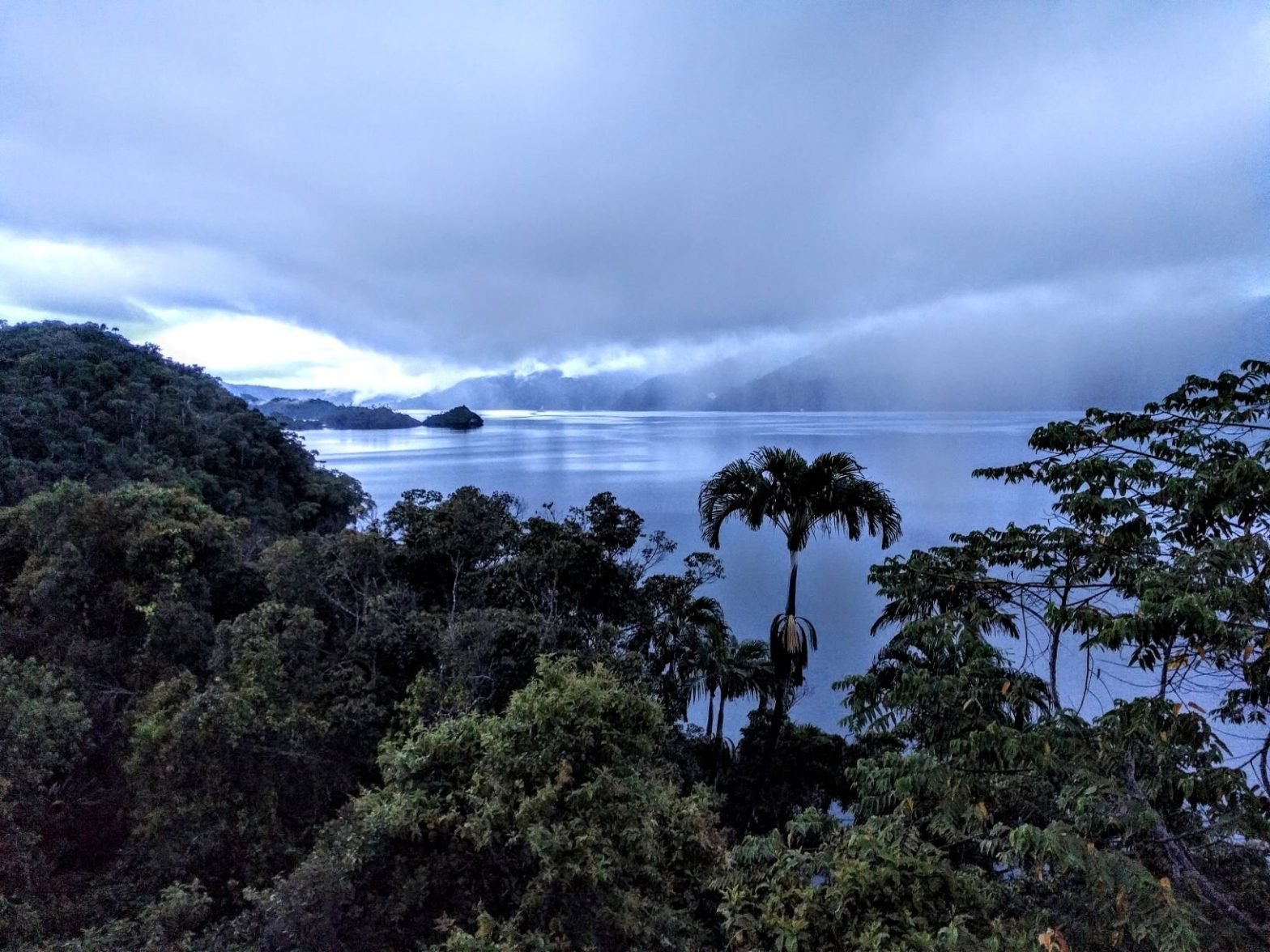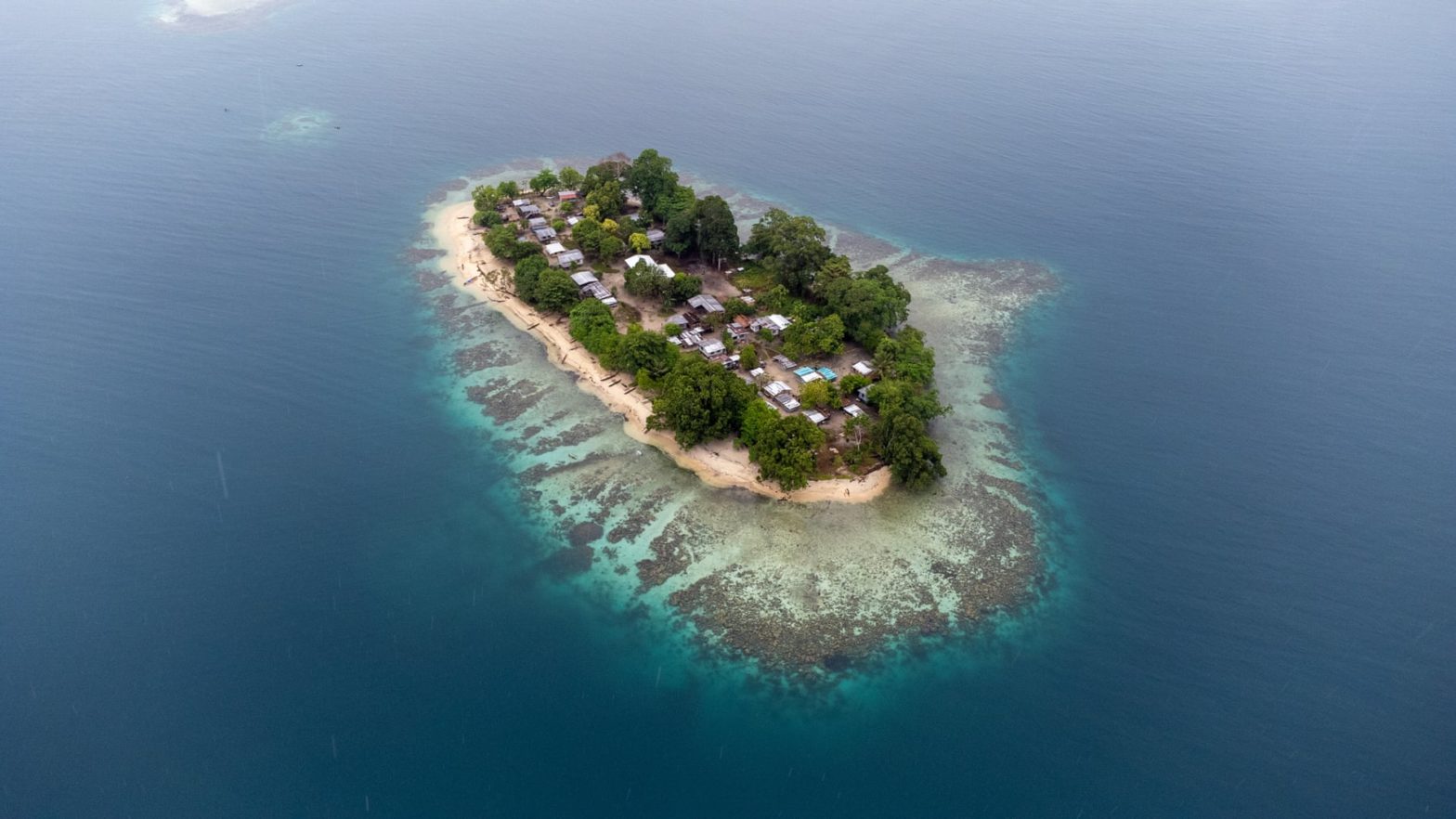PNG Forestry will make a big policy shift to bring development to the rural population in the climate change area
Papua New Guinea Forestry Minister Walter Schnaubelt says there will be some announcements on reforms in the forestry sector on climate change mitigations such as carbon trade, offsetting and downstream processing.
The forestry authority will look to interface these ambitions with government legislations to produce a viable economic product. Schnaubelt returned from the Dubai world exposition last week after attending thematic meetings on climate change.
Schnaubelt says there is a big policy shift in terms of forest and climate change.
“This is in terms of how we look to bring development to the rural population in the climate change area,” Schnaubelt said
“There will be further announcement in that regard later as we tie in certain arrangements we feel will be beneficial to the country in the forest sector.”
He said: “Part of our ambitious plan is to look at downstream processing.
“I’ll have further announcement on that at a later date.
“But I’m confident to say that we are working on some of the potential projects that are going to bring further focus on downstream processing and try to achieve the 50 percent downstream processing by 2025.
“It’s a target. It’s something that we are going to work towards.
“At least we have a focal point, and if we achieve that before or at that time, great.
“If not, at least we are still focusing and progressing to get to that 50 per cent mark.
“What we need to focus on is to allow more of the downstream processing to happen in country and then phase over time the export of round log.
“That is what we are embarking on now going down this path: bring some real changes in terms of policy shift as far as the forest authority is concerned.
He said: “The benefits is just huge when you look at the overall picture of downstream processing. You don’t have to be Einstein to figure out the benefits of downstream.
“The employment factor. And when you exporting lumber, per cubic rate is a lot higher for sawn timber then round log.
“You are getting more for your sawn timbers and they are not just for domestic needs but is also for international exporting as well. So you have a broader or bigger area that will provide benefits to.”
Schnaubelt said: “In relation to climate change and mitigation and carbon trade, that’s a huge market in itself right now.
“The world position itself and the major cooperation’s on this earth have now decided that all the emissions that they have produced over time has created now this issue with the climate.
“That’s why you see heavier winds, rains, sea level rising higher than normal taking away land were people are residing along the coastlines, some of those lands are now disappearing very fast.
“So we need to find ways to mitigate that and one of the ways to do that is to go into carbon trade and consider that as one of the ways to preserve the forest as opposed to cut the forest, and we still going to cut forest, as the population grows, the demand for timber is there.
“It’s trying to find the balance with everything and see where we can conserve and where we can use and when we can use the maximum of that particular exercise or project.
“So that’s where we are at. And it’s an exciting time at the moment at the moment especially when big cooperation’s are talking to you about offset what they are emitting that is bad to the ozone layer and try to make sure that whatever they produce, they neutralise it by funding and supporting good carbon.
“The pressure has actually come down from a consumer point of view that’s putting pressure onto the cooperation’s themselves.
“The people are now a bit more conscious about buying products that are from corporations that are emitting too much bad carbon. So they are now under pressure to neutralise those products and say we offsetting it and we produce X amount of bad carbon but we secured X amount of forest to balance it off and that term.
“That’s a big presser that’s happening right now and all world governments are coming to realise the importance of them engaging now in that discussion and making it happen.
“Papua New Guinea is in the best position right now in terms of our forest being one third of the world’s lungs. It has put us in a very prime position. And if we can get this right going forward, then we stand to benefit a lot in PNG and it’s not necessary to cut the timber down.”
Forest Authority board chairman Keith Iduhu said the government has an ambitious plan 800,000 hectares of reforestation.
“When we talk about climate change and forest carbon, it is proper to add that the forest authority is looking at a permitting regime for carbon trade participants through a proposed unique development process,” Iduhu said.
“Anybody talking about Redd-plus or direct carbon trading and when it comes to talking forest carbon that fall within the legislation as it is, but it would then require a minor reform to allow forest produce.
“Forest carbon would be classified as forest produce and not just timber hitting the ground. That is an area the authority is looking into and also advancing the mandate of the authority into this unique area to capture forest carbon and put it on as a viable commodity for economic development and exchange of both sustainable renewable energy going into the future.”
Iduhu said the exposure PNG enjoyed at the Dubai exposition from counties like the UAE (United Arab Emirates) was encouraging.
“These are good bilateral partners that PNG is quite right to engage with. The launching of the expo is one thing but the tail end of it is that Papua New Guinea cannot walk away from the expo without signing a very important bilateral agreement six months down the line that has to be the real focus of our ambitions going forward as a collective objective.
“Part and partial of that is the renewable energy conversation tied back with the forest carbon which we are custodians of and how we interface that with legislation is critical so we make it applicable.”
This story was published at The National on 21 October 2021, reposted via PACNEWS.




